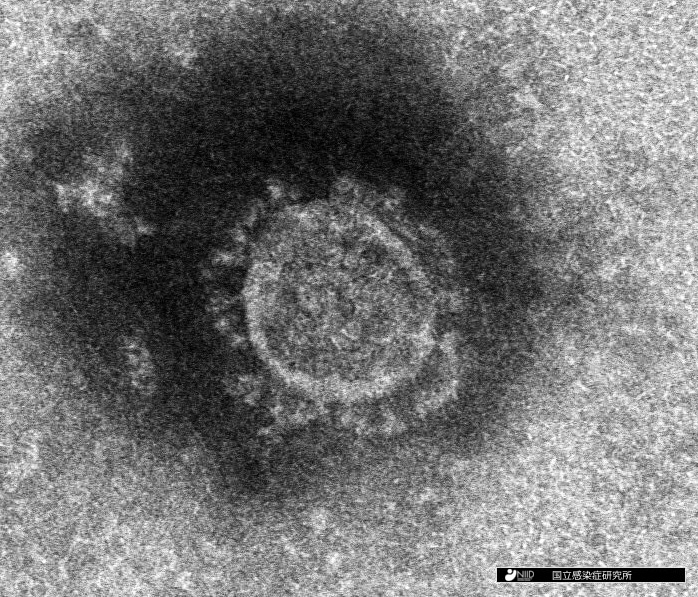Jpn. J. Infect. Dis., 65 (2), 162-166, 2012
To see a printable version of the article in the Adobe file format, click this [PDF] link.
Bidur Prasad Chaulagain1, Sook Jin Jang1,2*, Gyun Yeol Ahn2, So Yeon Ryu3, Dong Min Kim4, Geon Park2, Won Yong Kim5, Jong Hee Shin6, Joong Ki Kook7, Seong-Ho Kang2, Dae Soo Moon2, and Young Jin Park2
1Research Center for Resistant Cells, 2Department of Laboratory Medicine, 3Department of Preventive Medicine, and 4Department of Internal Medicine, Chosun University Medical School, Gwang-Ju; 5Department of Microbiology, Chung-Ang University College of Medicine, Seoul; 6Department of Laboratory Medicine, Chonnam University Medical School, Gwang-ju; and 7Department of Oral Biochemistry, College of Dentistry, Chosun University, Gwang-ju, Korea
(Received July 9, 2011. Accepted December 5, 2011)
*Corresponding author: Mailing address: Department of Laboratory Medicine, Research Center for Resistant Cells, Chosun University Medical School, 588 Seoseok-dong, Dong-gu, Gwangju 501-717, South Korea. Tel: +82(62)220-3259, 82-10-9614-8853, Fax: +82(62)232-2063, E-mail: This email address is being protected from spambots. You need JavaScript enabled to view it.
SUMMARY: Between January 2004 and December 2004, an outbreak of imipenem-resistant Acinetobacter baumannii (IRAB) in 2 intensive care units (ICU) of Chosun University Hospital, Korea affected 77 patients. A case-control study revealed that the time spent in the hospital and mechanical ventilation practices were risk factors. IRAB was isolated from the hands of 4% (5/124) of healthcare workers; 27.3% (21/77) of the samples obtained from the ICU environment. A pulsed-field gel electrophoresis analysis showed that 82.1% (23/28) of clinical IRAB isolates and 85.7% (6/7) of environmental IRAB isolates were type A. The ISAba1F/OXA-51-likeR PCR showed that 93.7% (30/32) of IRAB strains had the ISAba1 gene upstream of the blaOXA-51-like gene. Two ISAba1F/OXA-51-likeR PCR-negative IRAB strains were blaIMP-1 positive. All of the IRAB strains tested by PCR were negative for blaVIM, blaSIM, blaGIM-1, blaSPM-1, blaGES, blaOXA-23-like, blaOXA-24-like, and blaOXA-58-like carbapenemase genes. After implementing an infection control strategy, a steady reduction in the attack rate of IRAB infection was observed.
